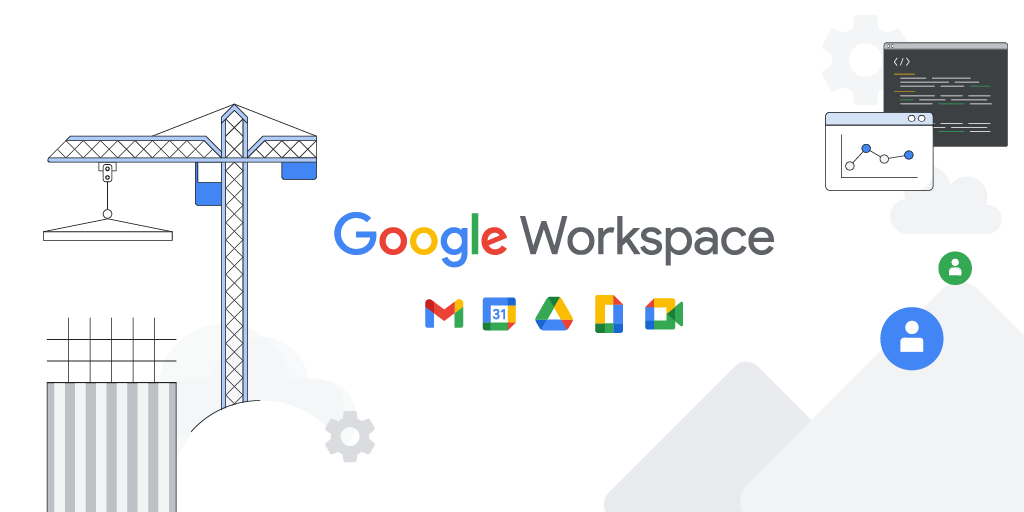Posted by Mario Tapia, Product Marketing Manager, Google Workspace
In today's fast-paced and ever-changing world, it is more important than ever for developers to be able to work quickly and efficiently. With so many different tools and applications available, it can be difficult to know which ones will help you be the most productive. In this blog post, we will discuss five different DevOps application integrations for Google Chat that can help you improve your workflows and be more productive as a developer.
PagerDuty for Google Chat
PagerDuty helps automate, orchestrate, and accelerate responses to unplanned work across an organization. PagerDuty for Google Chat empowers developers, DevOps, IT operations, and business leaders to prevent and resolve business-impacting incidents for an exceptional customer experience—all from Google Chat. With PagerDuty for Google Chat, get notifications, see and share details with link previews, and act by creating or updating incidents.
Asana for Google Chat
Asana helps you manage projects, focus on what’s important, and organize work in one place for seamless collaboration. With Asana for Google Chat, you can easily create tasks, get notifications, update tasks, assign them to the right people, and track your progress.
Jira
Jira makes it easy to manage your issues and bugs. With Jira for Google Chat, you can receive notifications, easily create issues, assign them to the right people, and track your progress while keeping everyone in the loop.
Jenkins
Jenkins allows you to automate your builds and deployments. With Jenkins for Google Chat, development and operations teams can connect into their Jenkins pipeline and stay up to date by receiving software build notifications or trigger a build directly in Google Chat.
GitHub
GitHub lets you manage your code and collaborate with your team. Integrations like GitHub for Google Chat make the entire development process fit easily into a developer’s workflow. With GitHub, teams can quickly push new commits, make pull requests, do code reviews, and provide real-time feedback that improves the quality of their code—all from Google Chat.
Next steps
These are just a few of the many different application integrations that can help you be more productive as a developer, check out the Google Workspace Marketplace for more integrations you or the team might already be using. By using the right tools and applications, you can easily stay connected with your team, manage your tasks and projects, and automate your builds and deployments.
To keep track of all the latest announcements and developer updates for Google Workspace please subscribe to our monthly newsletter or follow us @workspacedevs.


